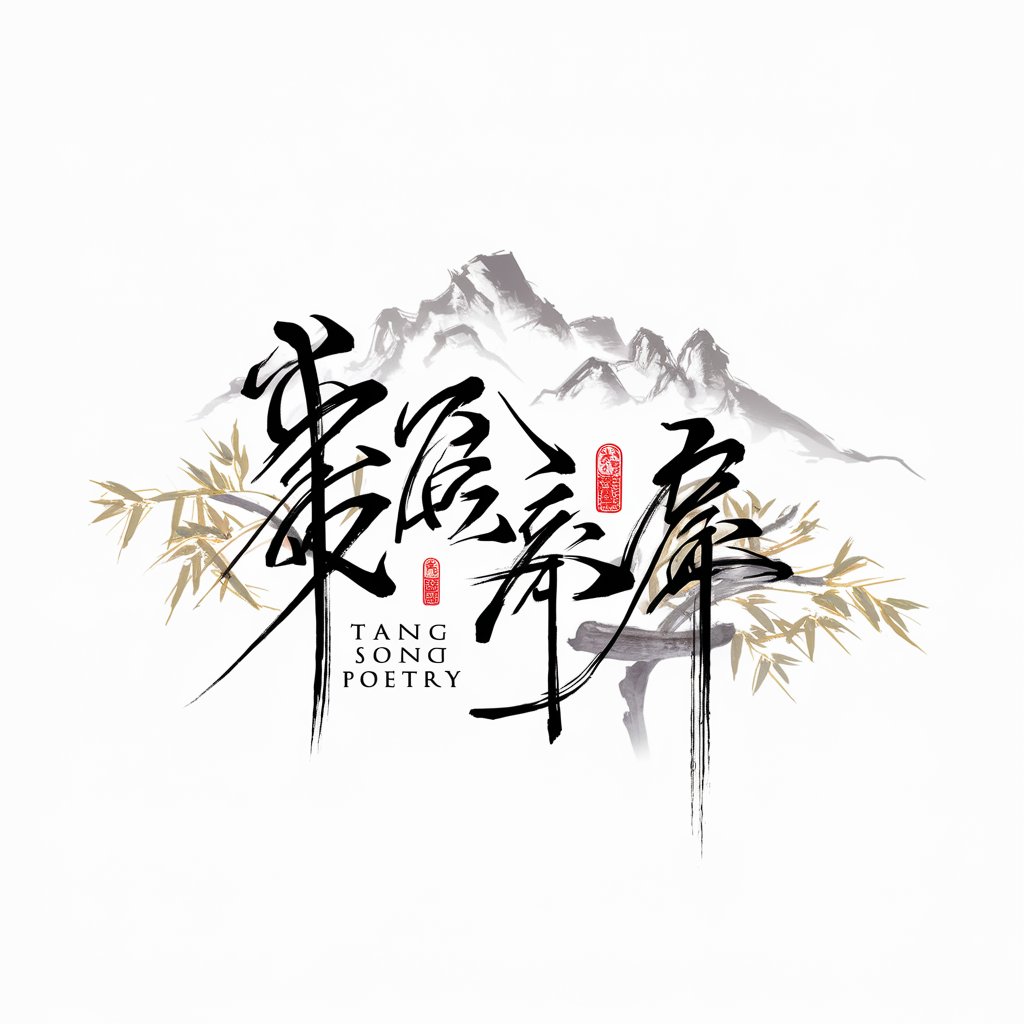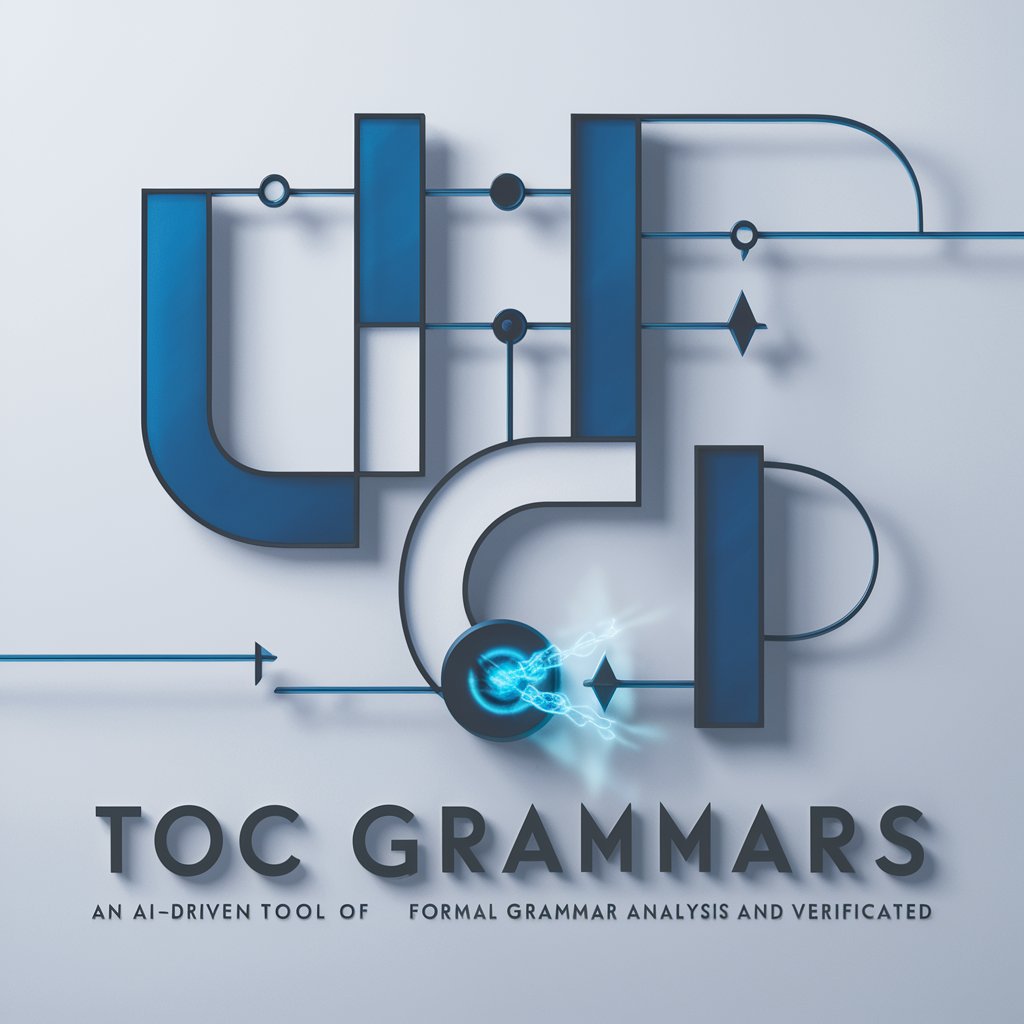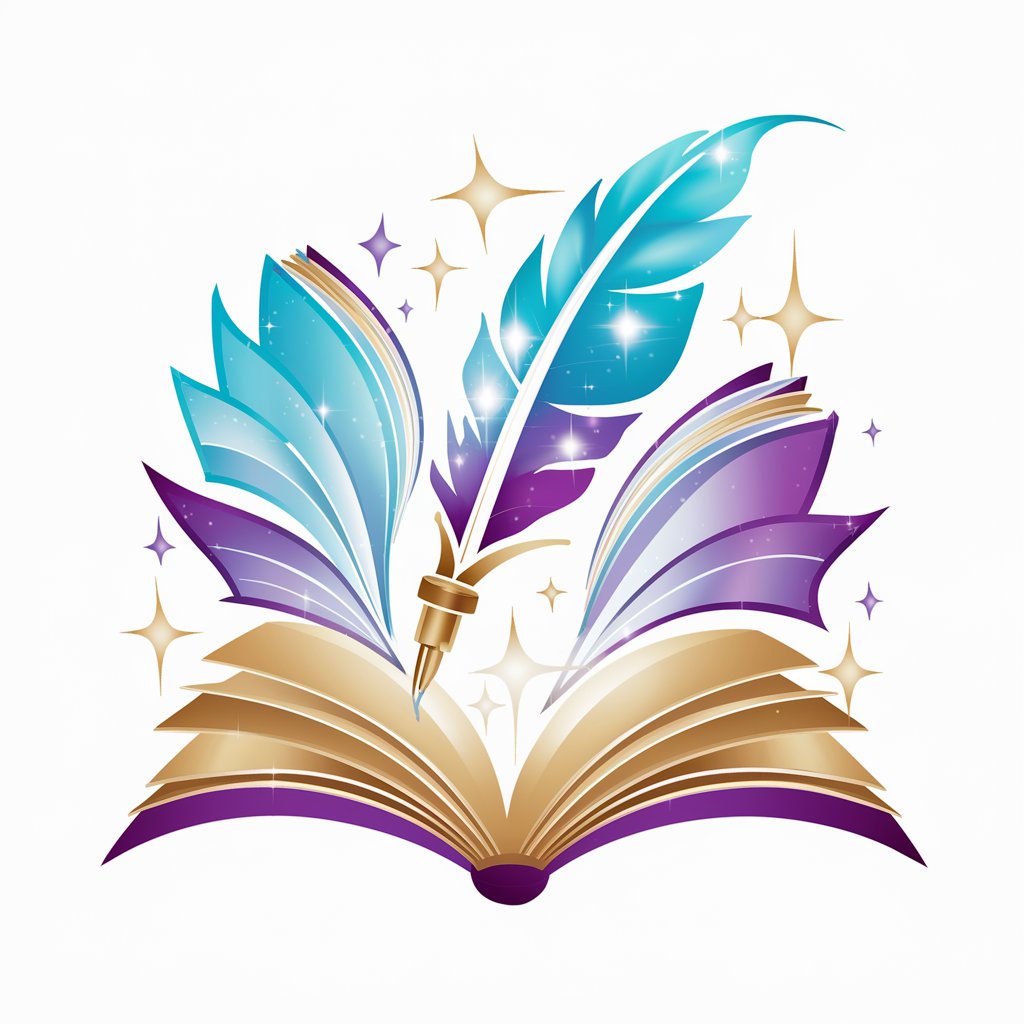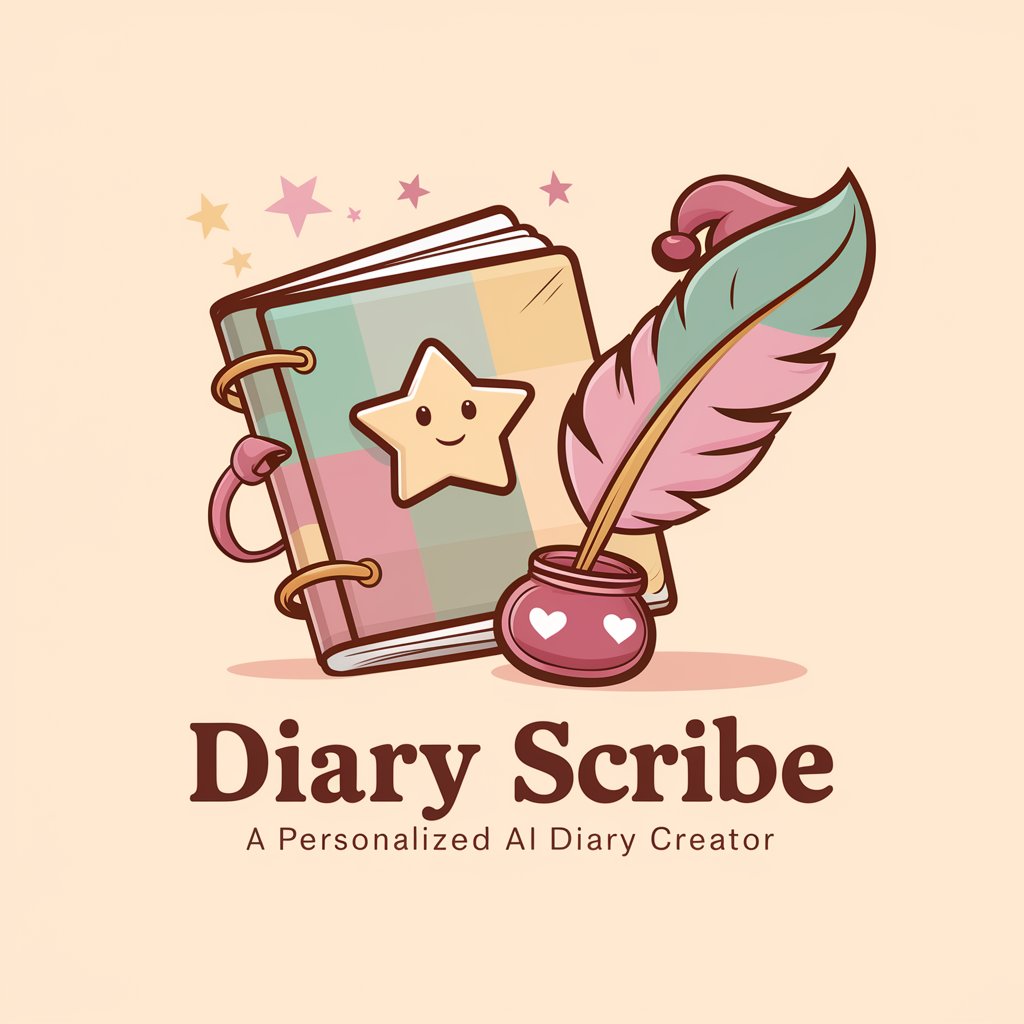中华唐诗宋词精选 - Classical Chinese Poetry

Welcome! Let's explore the beauty of Tang and Song poetry together.
Exploring the depth of Tang and Song poetry
Explain the significance of nature in Tang poetry.
Compare the poetic styles of Li Bai and Du Fu.
Describe the influence of Taoism on Song poetry.
Discuss the recurring themes in the works of Su Shi.
Get Embed Code
Introduction to 中华唐诗宋词精选
The 中华唐诗宋词精选 specializes in handling requests related to classical Chinese poetry, particularly from the Tang and Song dynasties. It assists users by providing complete poems, interpretations, and detailed explanations of specific words or phrases. It also suggests random poems, lists poets from specific dynasties, identifies the era and famous works of given poets, and offers detailed information about poems when a title is provided. Powered by ChatGPT-4o。

Main Functions of 中华唐诗宋词精选
Poetry Retrieval
Example
Retrieving the full text of '静夜思' by 李白.
Scenario
When a user requests a specific poem by name or author, the system provides the complete poem along with contextual historical and literary analysis.
Poet Information
Example
Providing details about 杜甫, including his era and notable works.
Scenario
If a user is interested in learning about a specific poet, the system offers detailed information including their biography, era, and contributions to literature.
Explanation of Phrases
Example
Explaining the phrase '独坐敬亭山' from a poem by 李白.
Scenario
This function helps users understand difficult or archaic phrases within poems, enhancing their appreciation and understanding of classical Chinese literature.
Ideal Users of 中华唐诗宋词精选
Students and Scholars
These users often seek deep insights into classical Chinese literature for academic purposes, making detailed analyses and historical contexts crucial.
Literature Enthusiasts
Individuals with a keen interest in poetry and Chinese culture can utilize this tool to explore and appreciate the rich poetic traditions of the Tang and Song dynasties.

How to Use 中华唐诗宋词精选
Step 1
Visit yeschat.ai for a free trial without needing to log in, and there's no requirement for ChatGPT Plus.
Step 2
Choose the specific era or poet you are interested in, such as the Tang or Song dynasty, to focus your exploration on classical Chinese poetry.
Step 3
Utilize the search function to find poems or poets by entering keywords, poem titles, or poet names related to classical Chinese poetry.
Step 4
Engage with the tool by asking specific questions about poem interpretations, poet biographies, or historical contexts.
Step 5
For deeper understanding, explore the provided annotations and commentaries that accompany many of the poems, enhancing your appreciation and knowledge of traditional Chinese literature.
Try other advanced and practical GPTs
Social Butterfly
Empower Your Social Life with AI

Tanaka Yuta - 日本語-中国語通訳者
Seamless Japanese-Chinese translation, powered by AI.

履歴書アドバイザー
Polishing Graduates' Career Prospects

パズル ゲーム メーカー
Empower Your Creativity with AI-Powered Game Building

副業とかめちゃ得意ちゃん
Empowering Your Venture with AI

忙しいママの副菜アシスタント
Discover Quick, AI-Crafted Side Dishes

Article TOC Builder
Streamlining Structure with AI

TOC Grammars
Empowering your grammar analysis with AI

TOC Turing Machine aaa*b
AI-powered Turing Machine for pattern-based computation.

Story Link
Turn profiles into engaging stories!

Diary Scribe
Your AI-Powered Diary Companion

Carolina
Transform Spaces Smartly with AI

Q&A about 中华唐诗宋词精选
What types of poetry does 中华唐诗宋词精选 focus on?
中华唐诗宋词精选 focuses primarily on classical Chinese poetry from the Tang and Song dynasties, offering rich collections of poems by renowned poets like Li Bai, Du Fu, Su Shi, and many others.
Can I find analysis and interpretations of specific poems?
Yes, the tool provides detailed interpretations and analyses of poems, offering insights into the cultural, historical, and literary contexts that shape each piece.
How can this tool help students of Chinese literature?
It serves as an educational resource for students, providing access to a vast array of classical poems, expert commentaries, and poet biographies, which are essential for understanding the depth and breadth of Chinese literary history.
Is 中华唐诗宋词精选 useful for researchers?
Absolutely. Researchers can delve into detailed analyses, compare different translations, and explore thematic studies, making it an invaluable tool for academic research in classical Chinese poetry.
What unique features does 中华唐诗宋词精选 offer?
Unique features include the ability to explore poems through thematic collections, access bilingual text versions, and interact with AI-driven insights into poetic forms and linguistic structures of classical Chinese poetry.
